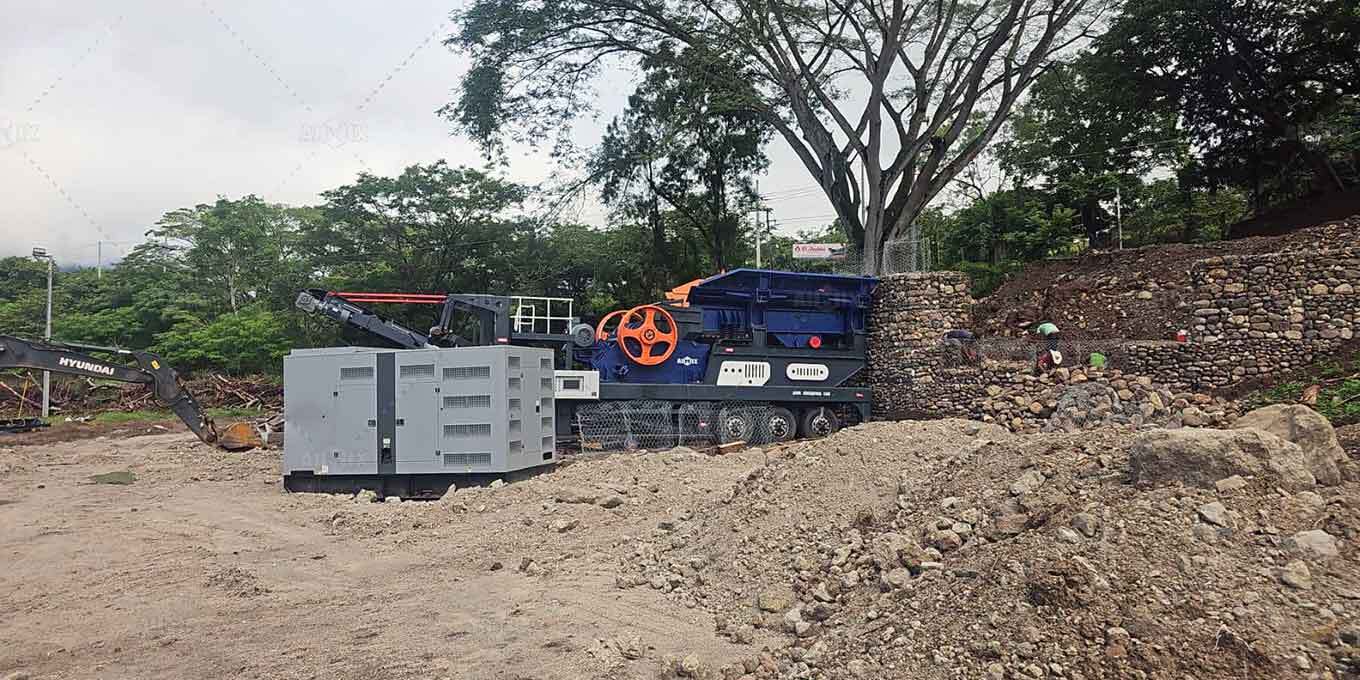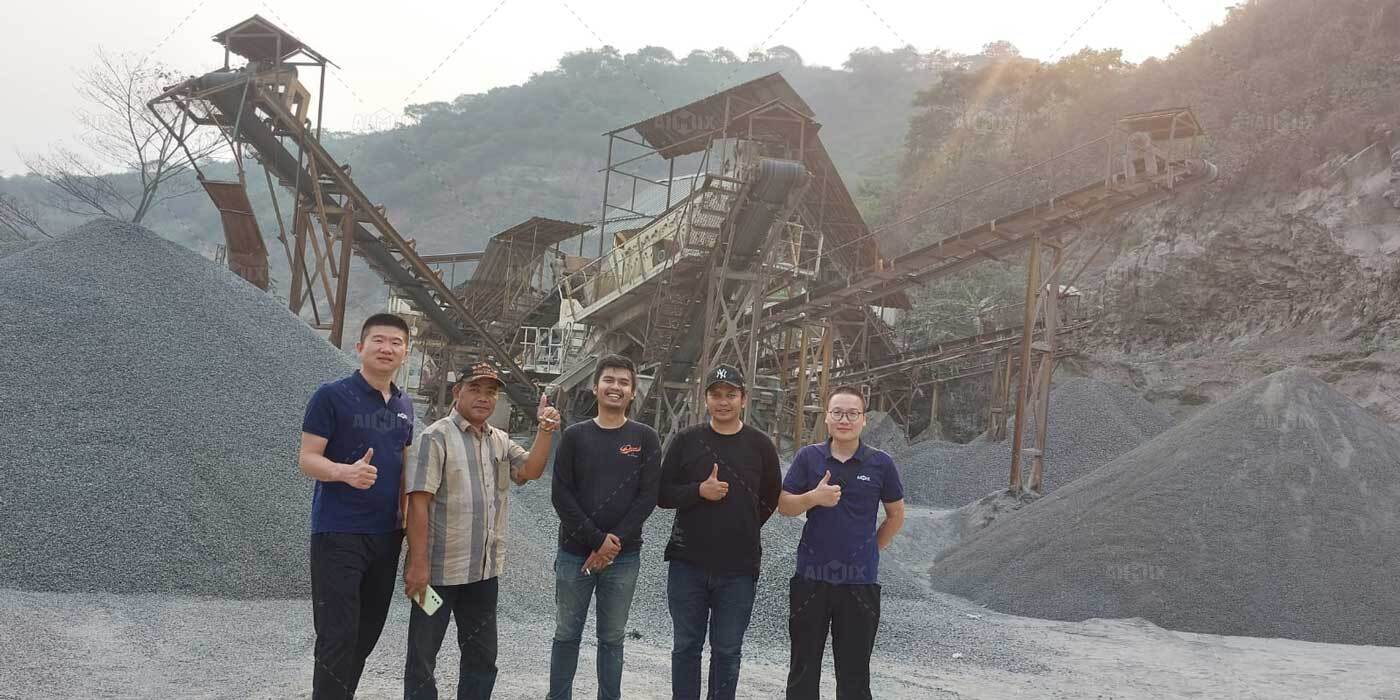The price of a 200-ton-per-hour stone crusher can vary by as much as 300% depending on the interplay of three critical factors: mechanical configuration, brand reputation, and technological sophistication. While basic models may appear attractively priced, their long-term operational costs often eclipse the initial savings, making total cost of ownership the true metric for evaluation. Understanding how these variables influence both upfront and ongoing expenses is essential for selecting equipment that delivers value rather than just low sticker prices.
Configuration: The Foundation of Cost and Performance
Crusher type creates the first major 200 tph stone crusher price divergence. A basic jaw crusher configuration for 200 TPH starts around $150,000, while a multi-stage cone crusher plant with screening can exceed $500,000. The difference reflects not just added components but engineering complexity—interparticle crushing systems in cone crushers require precision machining that adds 25-35% to manufacturing costs.

Closed-circuit systems command a 15-20% premium over open-circuit designs due to their additional conveyors, screens, and control systems. However, they typically achieve 30% better energy efficiency and produce higher-value graded aggregates. The choice between electric and diesel power creates another cost bifurcation, with electric drives reducing operating expenses but requiring substantial grid infrastructure investments.
Brand Value: More Than Just a Name
Established brands with proven track records in hard rock applications carry 20-30% price premiums over generic alternatives. This premium buys more than reputation—it includes extensive dealer networks that reduce downtime through faster parts delivery, engineering support that optimizes performance for specific materials, and resale value that remains 40-50% higher after five years of operation.
Regional availability dramatically affects brand pricing. European crusher plant manufacturers often cost 15-20% more than comparable Chinese models in Asian markets, but this gap narrows or reverses when factoring in import duties and logistics for projects in Africa or South America. Smart buyers evaluate brand value through total lifecycle costs rather than just purchase price.

Technological Advancements: The Efficiency Multiplier
Modern automation systems add $50,000-$75,000 to a 200 tph stone crusher plant's cost but deliver measurable returns. Load-sensing hydraulics adjust crushing pressure in real time, reducing energy waste by 18-22%. Automated wear compensation maintains product gradation as components degrade, preventing the 15-20% throughput drop typical of manual systems.
The most advanced plants now incorporate:
Machine vision systems that analyze feed material and adjust parameters accordingly
Predictive maintenance algorithms that forecast component failures with 90% accuracy
Hybrid power systems that cut fuel costs by 40% in grid-connected applications
While these technologies increase initial investment, they typically achieve payback within 18-24 months through operational savings. The price difference between basic and high-tech models often proves smaller than the lifetime value gap they create.
The optimal 200 TPH crusher balances these three factors against project-specific needs—processing hard granite demands different features than crushing soft limestone. Operators who match configuration to material characteristics, brand support to their location, and technology to their labor skills don't just buy equipment—they invest in profitable production capacity that stands the test of time. In crushing, as in most industries, the cheapest upfront option rarely proves the most economical long-term solution.

